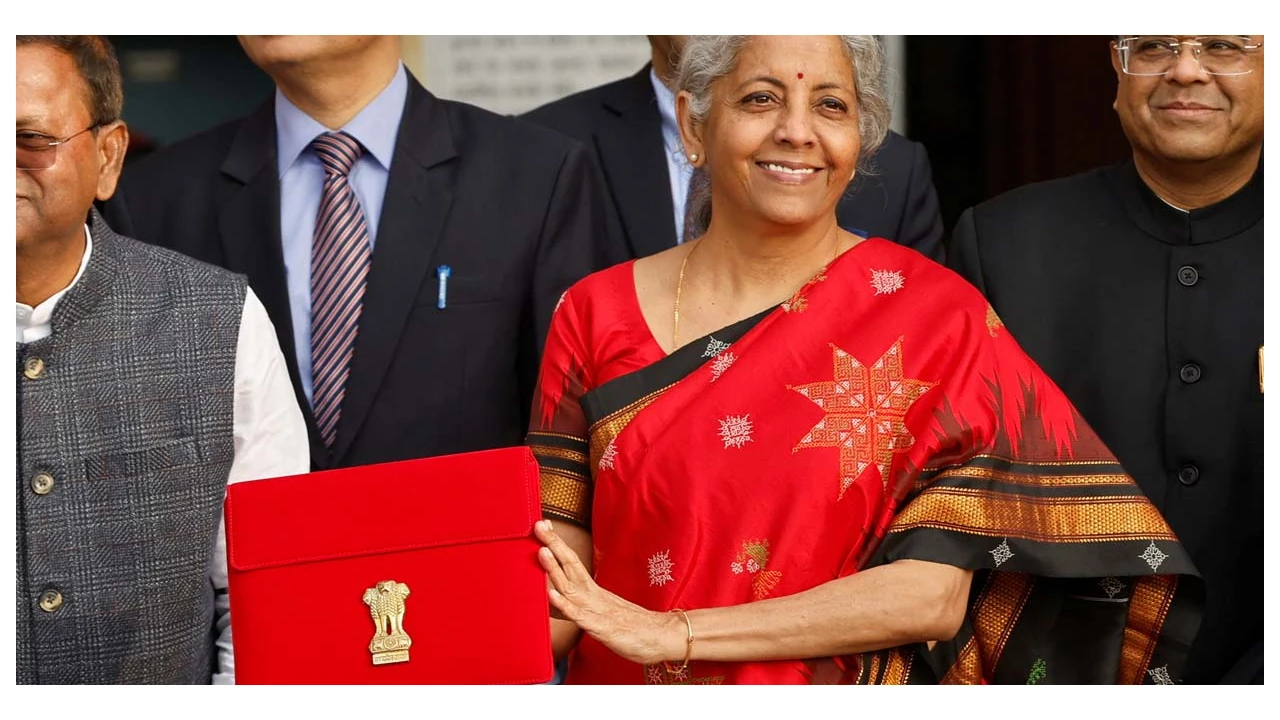Union finance minister Nirmala Sitharaman, reflecting on the recent interim budget amidst the anticipation of the 2024 national elections, underscores the government’s alignment with the vision of Viksit Bharat (developed India) by 2047. Focusing on the core sectors of women, youth, farmers, and the impoverished, Sitharaman rebukes the past mismanagement of the economy under the United Progressive Alliance (2004-2014), praising the Modi-led government for its robust handling of the COVID-19 pandemic and the push towards a self-reliant India. Sitharaman assures that the groundwork for India to emerge as the world’s third largest economy is a cornerstone of their third term agenda. She emphasizes the notion of an economy in transition, noting shifts in labor patterns and the emergence of rural opportunities, while defending India’s increased foreign direct investment, particularly in high-tech sectors like AI.
Questions around MNREGA, private consumption rates, and the efficacy of public investments (capex) were addressed, with Sitharaman pointing to a demand for more genuine and layered employment. With commendable poverty reduction metrics, there is a consensus that better data collection is critical. The finance minister spoke about the ongoing structural transformation, especially in rural sectors where innovation and commerce through Common Service Centres (CSCs) are changing agricultural practices. The conversation also touched on the role of big banks in fostering economic growth and the need for deeper debt markets.
To bolster the industry, the focus has turned to skill development programs for Micro, Small and Medium Enterprises (MSMEs), the expansion of railways and airports under the PM Gati Shakti plan, and enhanced state development through the Aspirational District Programme. While some stakeholders expressed disappointment for the lack of new credit or technology upgrading schemes for MSMEs, others remain optimistic about the interim budget’s long-term benefits.
